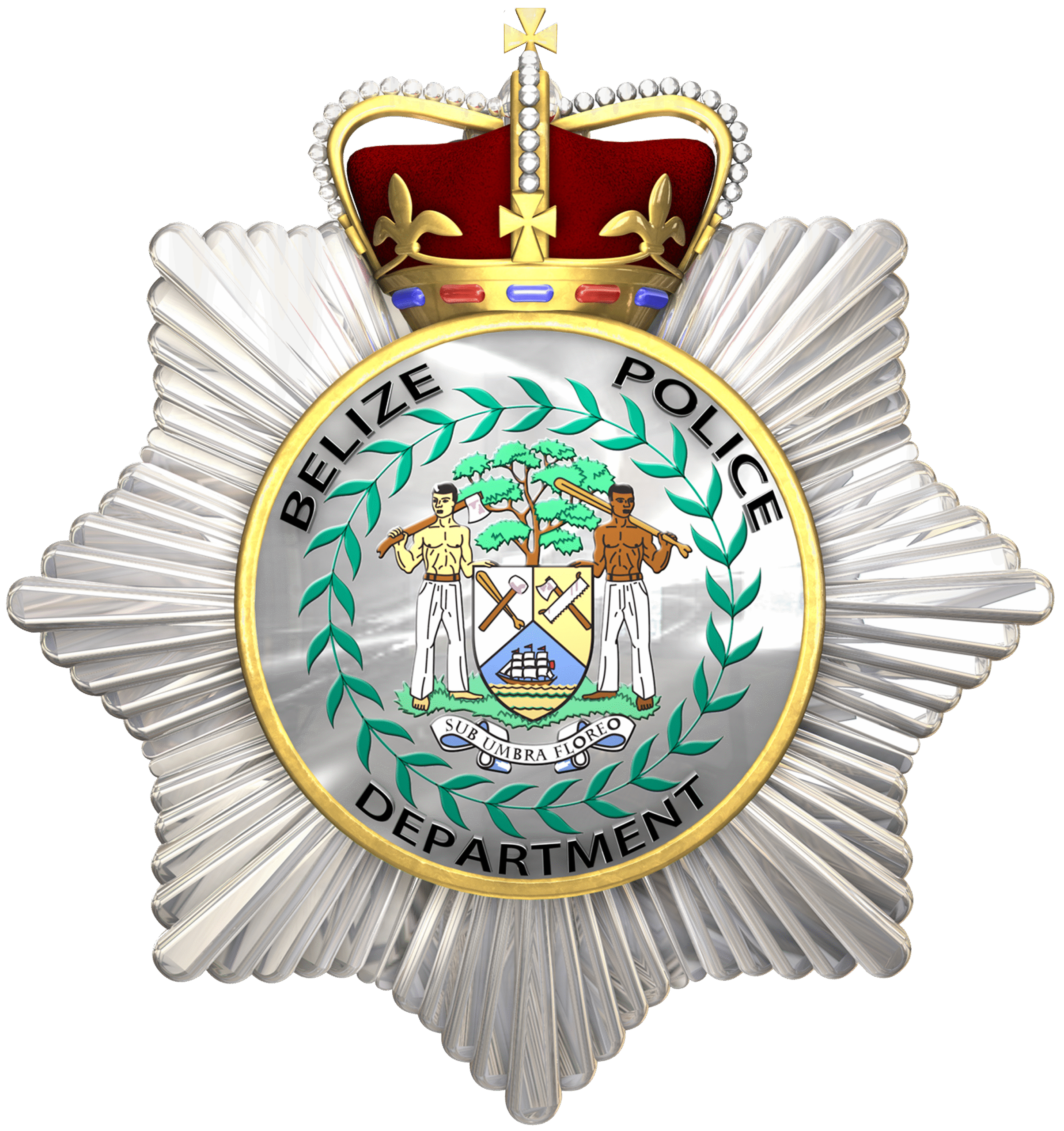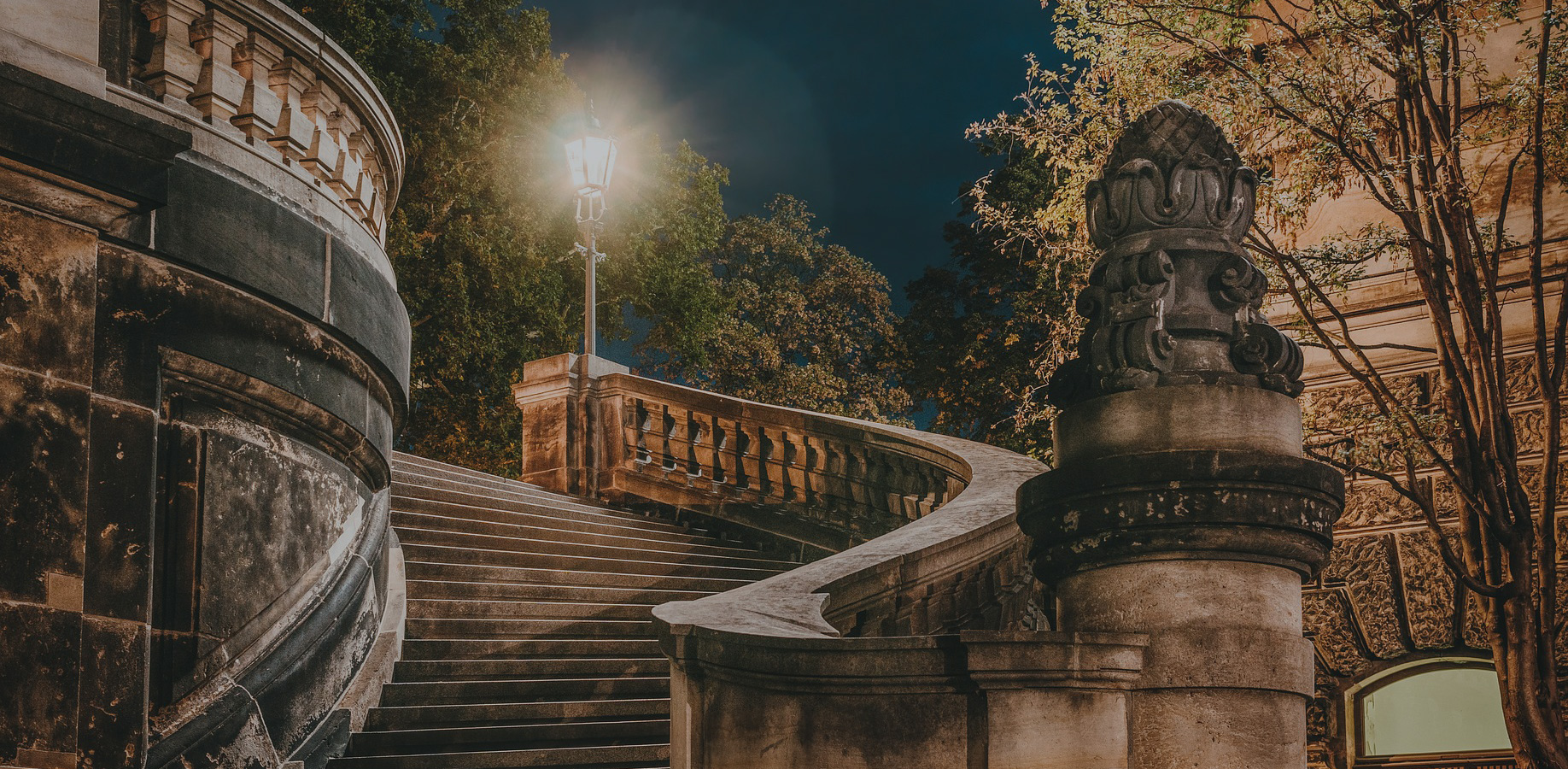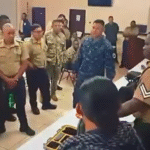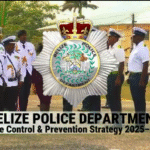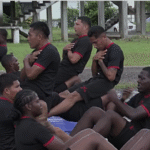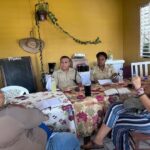Frequently Asked Questions (FAQs)
Community policing and public safety
Community policing is a partnership between the police and citizens aimed at preventing crime and enhancing safety. Officers engage with neighborhoods through patrols, meetings, youth programs and neighborhood watch groups.
Report it immediately to the police. You can call 922 for anonymous tips or contact your community officer. Do not attempt to intervene personally; law enforcement officers are trained to handle these situations.
Complaints and professional standards
You can file a complaint at any police station or directly with the Professional Standards Branch (PSB). Complaints may also be submitted through Crime Stoppers for anonymity. Provide details of the incident, date, time, location and officers involved.
Yes. Complaints can be handled confidentially, and anonymous reports are accepted. The PSB investigates all allegations and will update you on the outcome if you provide contact details.
Curfews and minors
Some municipalities, such as San Pedro Town, have curfews for youths 16 and under—usually 9 p.m. Sunday–Thursday and 10 p.m. Friday–Saturday. First offenders are taken into custody and their parents warned; repeated violations may lead to parental charges. Always check with your local police station for current curfew rules.
There is no regular nationwide curfew for adults. However, local authorities sometimes impose curfews for minors to reduce juvenile crime. For example, the Belize City Southside curfew stipulates that unaccompanied children 17 and younger found on the street after 9 p.m. may be detained until a parent collects them. Curfew regulations are typically used during emergencies or extraordinary circumstances.
Firearm licensing and renewal
Application forms are available at police stations and specify the purpose for which the firearm is needed—such as special protection, farmers, sport hunters, company or gun dealers/repairers. Applicants must provide personal details, reasons for ownership and references. It is an offence to make false statements in the application.
License fees vary by firearm type and purpose. Renewals should be submitted before the licence expires to avoid penalties.
In January 2024 the Ministry of Home Affairs advised all persons who had applied to renew their company gun licences to resubmit their applications to the Firearms and Ammunition Control Board (FACB) with a hard copy of the application, including a business registration certificate, trade licence, proof of payment and the expired licence. Applications must be submitted to the FACB address listed in the press release; failure to resubmit renders the licence null and void.
An expired license is invalid, and possession of an unlicensed firearm is illegal. You should not carry or use a firearm until the license is renewed.
Lost and found property or documents
Contact the station where the item was turned in. Provide proof of ownership (such as a serial number, purchase receipt or detailed description) and valid identification before the property is released.
Visit the nearest police station to file a Lost Document Report. Provide your name, date of birth, contact information, the type of document lost, the date and place it was lost and any identifying numbers. The report helps prevent misuse of your documents and is required when applying for replacements.
Turn in the item at the nearest police station. Provide your contact details and a description of where the property was found. Officers will log it in the Found Property Register and attempt to identify the owner.
Noise complaints and loud music
Contact your local police station or call 911 if the disturbance is severe. Provide the location, time and description of the noise. The police will respond and may file a report with the Liquor Licensing Board.
The Intoxicating Liquor Licensing Act and other regulations require bars, nightclubs and events to keep sound levels at a level that does not disturb neighbours. Reports from local authorities note that sound levels should not exceed about 70 decibels and establishments must soundproof their premises. Playing music or causing a disturbance beyond these limits can lead to enforcement action.
The Liquor Licensing Board monitors noise levels and works with the police to enforce the rules. Police officers may order a person or business to reduce volume or shut down an event, and non‑compliance can result in suspension of the liquor license.
Police record / Certificate of conduct
Go to crr.gov.bz, complete the electronic form and upload the required documents. You can choose to receive a digital certificate sent to your email or to pick up a printed copy at the police station of your choice. The digital record includes a QR code that allows employers or authorities to verify its authenticity and confirm whether it is active or expired. The CRR accepts online payments (e.g., via E‑kyash). Standard service costs $12 and takes about two weeks, while express service costs $25 and may be ready the same day or next day.
The CRR sends email notifications at each stage of processing. For walk‑in applications, the receipt specifies the date for collection. If more information is needed (e.g., fingerprints or additional documents), you may be contacted.
There are two ways: online via the Criminal Records Registry (CRR) at crr.gov.bz and walk‑in applications at the Police Headquarters or a designated police station.
Applicants must present a valid Social Security card; additional documentation is required for name changes (e.g., marriage certificate, deed poll). Belizeans applying through a representative must provide a notarised authorization letter and copies of the applicant’s identification. Foreign nationals must apply in person with their passport and valid immigration documents.
Visit the Criminal Records Office at Police Headquarters (Belmopan) or a designated station. Fill out the Police Record Application Form, provide three (3) recent passport‑sized photographs, and submit copies and originals of your Social Security card and any additional identification. Pay $25 for one‑day service (available only in Belmopan) or $12 for the standard three‑week service. Fingerprints may be taken if needed to verify identity, particularly when clarifying disputed convictions. You will be given a receipt with the date for collection.
Public meetings, processions and events
Yes. The Control of Public Meetings and Public Processions Act requires organizers of certain meetings and processions to obtain permission from the Commissioner of Police. The law Includes sections on application for permission, notice of meeting, permits and penalties for non‑compliance.
Submit a written application to the Commissioner of Police or local officer in charge at least 36 hours before the planned event. Include the purpose, date, time, route (for processions) and names of organizers. The permit must be displayed during the event. Foreign nationals wishing to address a meeting must also seek permission.
Organizers must ensure participants behave peacefully, follow the approved route and finish at the time stated. Police officers may require dispersal if the meeting becomes disorderly or breaches the permit.
Recruitment and careers
Yes. The Belize Police Department supports gender equality in policing and encourages qualified women to apply.
Recruits receive a stipend during training and are appointed as constables upon graduation.
Applicants must be Belizean, aged 18–35, at least 5 ft 4 in tall with a good build and good eyesight/hearing. A minimum of a high‑school education is required. Candidates should be of good character and medically fit.
Recruits undergo academic instruction, physical training and practical policing skills. They learn law, ethics, crime prevention and community policing. Those who do not meet standards may be dismissed during training or probation.
Prospective officers must pass a written entrance exam, an interview with a selection panel and background investigations. Successful applicants attend the National Police Training Academy for approximately 20 weeks and are then placed on probation for two years, during which their performance is assessed.
Reporting a crime or emergency
For non‑emergency matters call the Belmopan Main Office (822‑2220) or your local station, or email pitu@police.net.bz. The main switchboard in Belize City is 207‑2222, and WhatsApp queries can be sent to +501 612‑9764.
For anonymous tips, call 922 or use the Crime Stoppers Belize platform. This line is specifically for confidential crime reports and does not require your name or contact information.
By law, the Police Department is tasked with protecting life and property, preventing and detecting crime, apprehending offenders and preserving law and order. Officers answer to the Commissioner of Police, who has authority over command and discipline of the force.
Provide a clear description of what happened, the time and location, descriptions of suspects and vehicles, any weapons involved, and details of injuries or property damage. Accurate information helps officers respond effectively.
Call 911 immediately for emergencies such as crimes in progress, serious injuries or situations where lives are at risk. Operators are trained to guide you; you are not obliged to reveal your identity, so you may remain anonymous. Be observant and, if safe, note details like the location, description of persons involved, weapons, vehicles and injuries.
Traffic matters
Visitors may drive with a valid foreign license for up to 90 days. After 90 days, you must obtain a Belize driver’s license.
Traffic tickets are payable at the Traffic Department or the Magistrate’s Court indicated on the ticket. Payment must be made before the due date to avoid additional penalties.
Report lost documents at your nearest police station. Complete a Lost Document Report, providing personal details, the type of document lost, date and place it was lost and any identifying numbers. Bring a valid ID; you will receive an incident number to use when applying for replacement documents.
Stop immediately, check for injuries and call 911. Provide assistance to anyone injured if safe to do so. Do not move vehicles unless necessary to prevent further accidents. You will need to file a Traffic Accident Report at the nearest police station, providing details such as the date and time, location, vehicle registration and a description of the incident.
You may contest it in the Magistrate’s Court on or before the date specified on the ticket. Bring any evidence (e.g., photographs, witnesses) to support your case.
